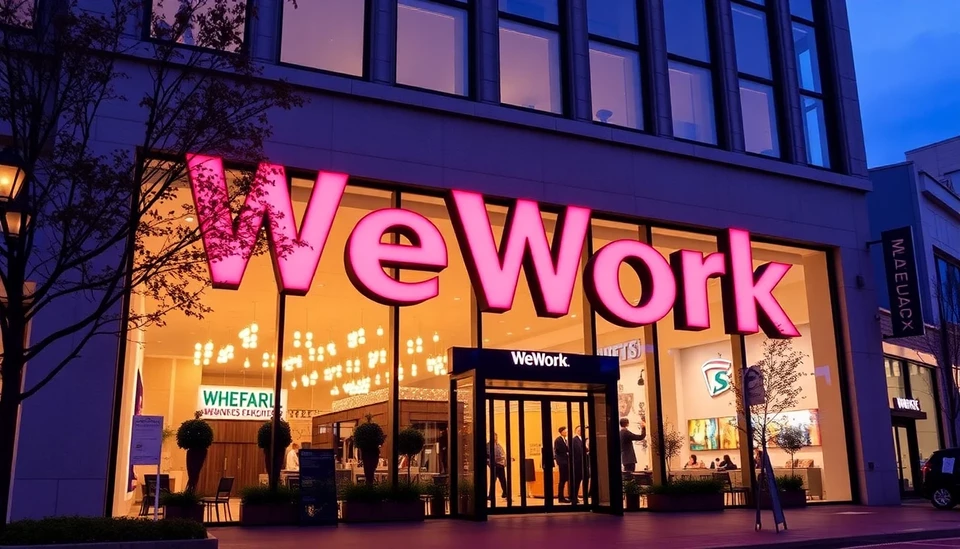
In a dramatic conclusion to a high-profile trial, a strip mall mogul has been convicted of orchestrating a fraudulent scheme that aimed to dupe investors and manipulate a falsified bid for the much-discussed co-working giant, WeWork. This case has drawn significant media attention, shedding light on shady dealings within the commercial real estate sector.
The convicted individual, whose influence spanned several states through a network of shopping centers, was found guilty on multiple counts, including wire fraud and conspiracy. The jury's verdict stemmed from evidence demonstrating that the mogul, along with accomplices, concocted a misleading financial narrative to elevate the perceived value of their bid to acquire WeWork assets. This deception misled both potential investors and regulators concerning the viability and credibility of the proposal.
WeWork, which garnered a buzz in startup circles before facing its own financial tumult, became an unintended pawn in this elaborate fraud scheme. Prosecutors painted a picture of a calculated effort to exploit the real estate company's precarious situation, especially during critical moments when its future was uncertain due to significant operational losses and management changes.
The trial revealed disturbing details about the lengths the mogul went to fabricate documents and manipulate financial statements. Witness testimonies included accounts from former employees who described an atmosphere of pressure to succeed at all costs, culminating in tactics that would ultimately lead to their leader’s downfall.
The defense team attempted to counter allegations by asserting that the mogul merely acted within the bounds of competitive business strategies and that any discrepancies were not indicative of criminal intent. However, these arguments failed to resonate with the jury, who spent several days deliberating before delivering their verdict.
In closing arguments, prosecutors emphasized the responsibility that comes with leading a substantial business operation, stating that the mogul’s pursuit of profit undermined the integrity of the market and eroded investor trust. The conviction represents not only a personal defeat for the mogul but also serves as a cautionary tale to others in the industry about the repercussions of unethical behavior in business dealings.
The sentencing hearing is yet to be scheduled, and legal experts speculate that the mogul could face significant prison time reflective of the severity of the crimes committed. This case serves as a stark reminder of the potential risks in investing and the importance of due diligence in an increasingly complex financial landscape.
As this story develops, stakeholders across the investment and real estate sectors will undoubtedly monitor the implications of this case closely, as it may set a precedent for how future fraudulent schemes are prosecuted.
As the dust settles from a convoluted legal battle, the fallout from this trial may also bring heightened scrutiny to similar players within the industry, prompting calls for greater regulatory oversight to prevent such deceptions from occurring again.
Stay tuned for further updates on this developing story as legal ramifications unfold.
#WeWork #Fraud #RealEstate #CriminalJustice #BusinessEthics #InvestmentScam
Author: Samuel Brooks
